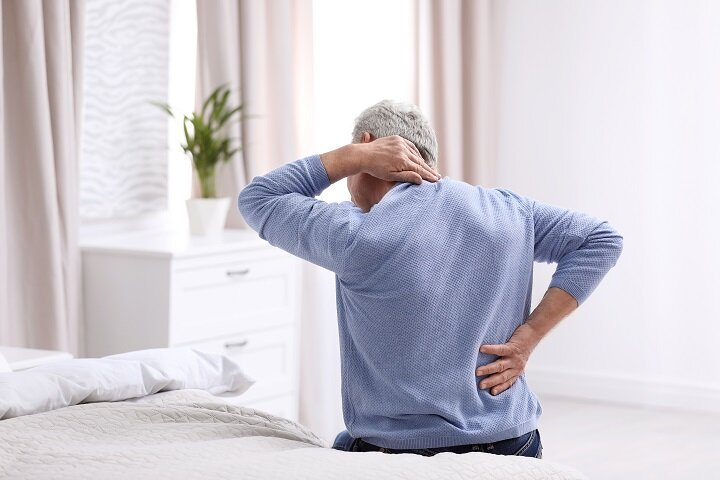Regional Rheumatic Disorders That Need Prolonged Treatment
Rheumatism is a disease which is common due to soft tissue disorder. Oklahoma rheumatologists have come up with a detailed study so that you get a clear about this disorder. Read on to get relevant insight.
Soft tissue rheumatism: It is an aggregate of tendons, fascia, ligaments, and bursae-related health issues. Sometimes they present themselves as a regional issue. It is very normal and makes up 25% of a practice in rheumatology.
Regional rheumatic disorder: It puts together all localized pain issues. It involves arthritis, bone disorder, besides ligaments, fascia, tendons and bursae. Osteomyelitis, neurological disorders (such as carpal tunnel) and referred pain (such as lung or shoulder apical tumor).
Bursitis: Explains inflammation of a closed sac with synovial cells lined with little synovial fluid. They occur in friction fields, promote tendon and muscle movement and avoid repeated trauma.
Tendinitis: Explains inflammation of the tissue itself or of the sheath around it sometime (tenosynovitis).
Bursitis: There are more than 200 bursae in the human body, according to anatomists. Most are clinically insignificant or contradictory. In rare locations, others are caused by trauma. We will only address five of those clinically relevant.
Essential Bursae: Sub-acromal bursa/Subdeltoid bursa- Between a revolving cuff and the acromion. This subdeltoid stock can be a separate stock exchange under the deltoid muscle or the subacromial stock. This region is prone to great shifting and resulting irritation due to the high mobility of the shoulder joint. It is the leading cause of shoulder pain. The word tendonitis and bursitis is sometimes replaced by tendonitis because of the clinical challenge of separating these individuals.
Olecranone bursa: lies on the process of olecrannon and is called the "Student elbow".
Trochanteric bursa: It is here in between the hip capsule and the muscles and tendons of iliopsas. It triggers lateral hip pain most often.
Bursa-preparatory: It is situated between the skin and the patella. Often named "housemaid knee" in the past.
Achilles bursa: Situated between the limestone and the tendon of Achilles. Not to be confused with a painful bursa caused by bad shoes between skin and tendon of Achilles.
What Triggers It?
Acute or chronic trauma
Overuse leading to mcrotrauma
Systemic disease: Bursae and tendon sheaths have the same synovial cellular qualities and are susceptible to the same inflammatory therapy (inflammatory arthritis, gout)
Septic: direct presence in local or septic injuries
Diagnosis
Local pain
Swelling
Erythema: not clear many times
Vulnerability to palpation
Pain on some shoulder movements
Treatment Options
Rest: avoid deteriorating behaviors, 7-10 days immobilization;
Cold compresses: for areas of acute inflammation
Prescription for analgesics: acetaminophene
AIDS, corticosteroids, anti-inflammatory pharmaceutical goods.
Inflamed bursa injection of aspiration and corticosteroids
Operation: failure of conservative septic management
If you are a resident of Oklahoma and are suffering from such pain, come to Oklahoma Pain Treatment Centers for consulting your issue with credible rheumatologist. Schedule your appointment by giving us a call.
**Disclaimer: This blog post does not establish terms of a doctor-patient relationship and is not intended to be taken as a doctor's advice.


